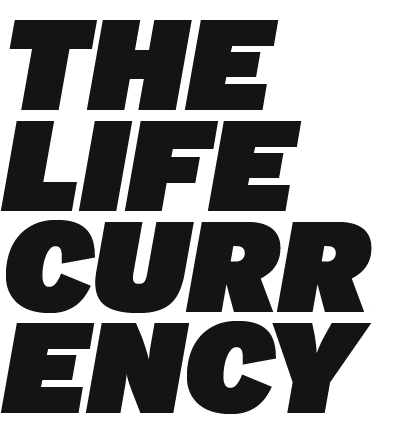Your Guide To Building Credit
Credit makes the financial world go around. Building credit and maintaining a good credit history are key steps towards building your financial future. However at first, credit may seem frustrating simply because you don’t have credit so how can you build it? The first step any reliable banker will tell you to take is applying for a credit card and getting approved. However, you must be responsible and aim to use the credit card for only convenient, feasible purchases. What you spend now, you must pay back and possibly with interest. If not, this will cause bad credit.
Surprisingly more than 50 million American adults have no credit history meaning they've never applied for a loan, a credit card or any line of credit. Although it's possible to pay cash for all expenses, it's difficult to build enough cash reserves to pay for important milestones like a college education, home or car. Your ability to afford these purchases lies on the strength of your credit history.
If you’re hesitant about applying for a credit card, then you can simply open a bank account to begin building credit. Bank accounts are a great way for a young adult to prove a level of financial responsibility before applying for their first loan or credit card.
Although checking and savings account information isn't included on your credit report, lenders are likely to request it for most loan and credit card applications. This allows the lenders to know you have experience handling your own money and making regular withdrawals and deposits, as well as knowing you have a steady income.
Since credit reports only track money that you've borrowed, and not what you’ve paid, they don't include information about whether you pay your bills and monthly rent on time. Therefore, bill payment histories are not used to calculate the most popular credit score, which is the three-digit number known as your FICO score.
Fortunately, the good thing about building credit is that you don’t have to do it alone. Most lenders will allow someone with an established credit history like your parents, older siblings or a family friend to co-sign the credit application with you. Be mindful that the benefits are twofold. The lender no longer should make a credit decision based solely on your thin credit history and you can "piggyback" on the stellar credit score of your co-signer (hopefully).
On the other hand, a loan is known as installment credit since you pay back the loan with interest. A good example of an installment credit is a mortgage or a car loan. If you want to make one of these major purchases someday, it's a good idea to show lenders that you have some positive experience with installment credit sooner than later, and since we’re all young and current, past, or even future students, the one loan that you are most likely to encounter is a student loan. For many young borrowers, a student loan is a great way to begin using installment credit. Thankfully student loans carry relatively low interest rates and are often easy to obtain. The best part about a student loan is that you don't have to start repaying the loan until six months after you graduate. The downside is that the loan won't appear on your credit report until you start paying it back.
Of course, credit will never be an issue for someone who’s financially stable, or at least it shouldn’t be. That means getting a good job. On every credit report, there's a section called "identifying information." This is where you will enter your employment history.
Employment history is asked on a credit report to give managers a simple way to verify information on a job application, and it gives lenders subtle information about the character of a borrower.
For example, when lenders examine a borrower's employment history, they're looking for stability. Your employment history is also a good indication of your capacity to repay credit. A person with a low average annual salary wouldn't have the same capacity to repay a large credit card balance as someone with a higher salary.
If you haven’t started building your financial credit, we hope you use one of the tips mentioned above to start today and aim for the financial freedom we all dream of.
